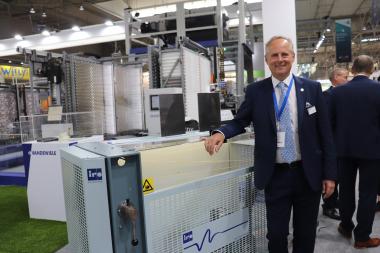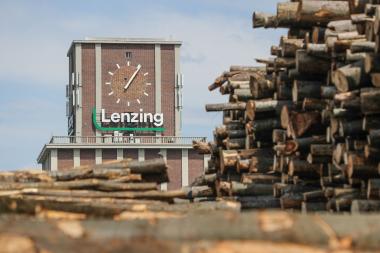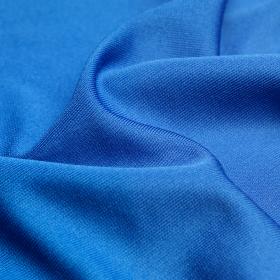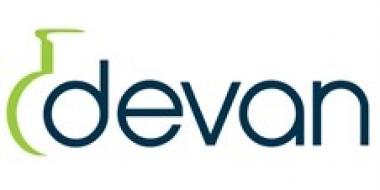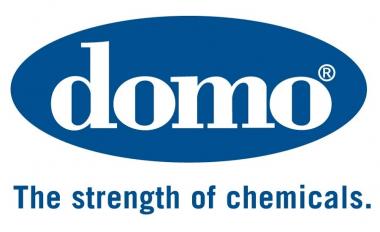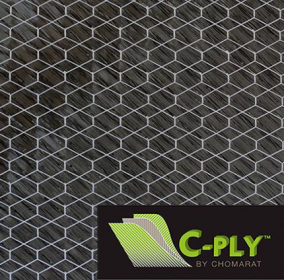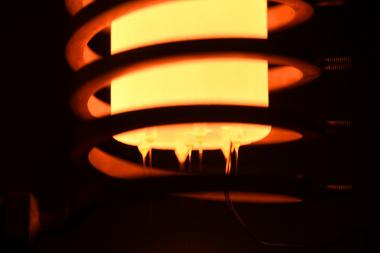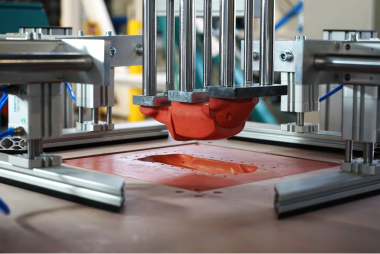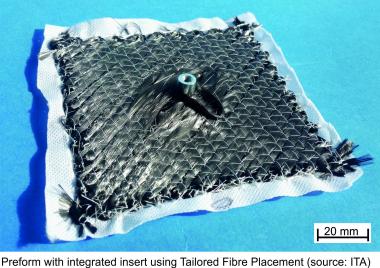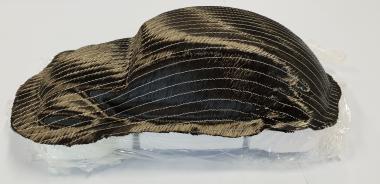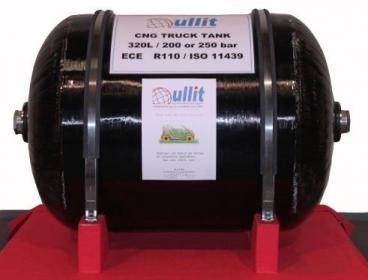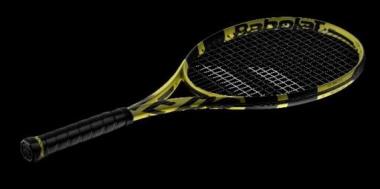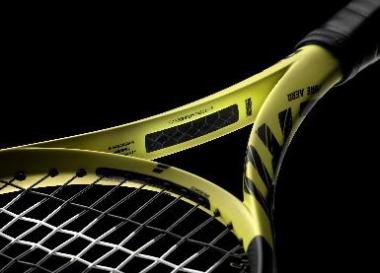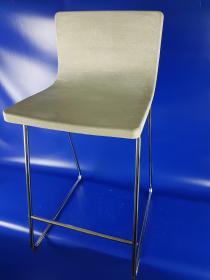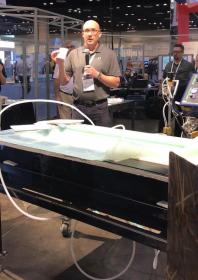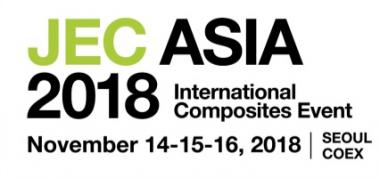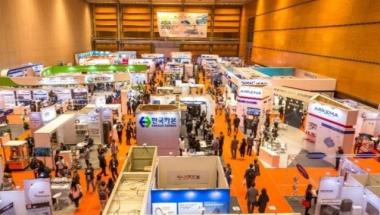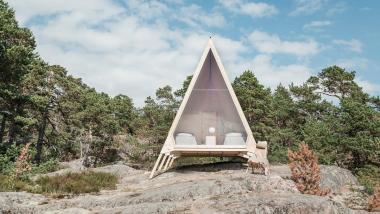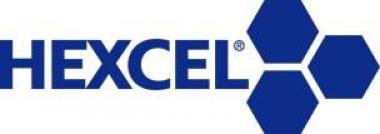IRO AB: Zero twist for composite fabrics guaranteed
IRO AB, a member of the Vandewiele group, reports strong interest in its ZTF Zero Twist Feeder introduced at the recent ITMA 2019 in Barcelona, Spain, particularly from companies involved in the growing market of textile reinforcements for composites.
In the weaving of fibres such as carbon, glass and aramids, as well as thermoplastic tapes for highly-engineered composite fabrics, it is essential that there is no twist in the feed, which this new machine absolutely guarantees.
“The ZTF Zero Twist Feeder keeps the tape yarns or fibre tows constantly stretched to avoid the risks of any snarls or twisting,” explains Sales and Marketing Manager Pär Hedman. “During ITMA 2019 I spoke to many companies interested in this new machine, which will be supplied in bespoke versions specific to the individual needs of each customer and the intended end-use.”
TMAS by AWOL Media.


